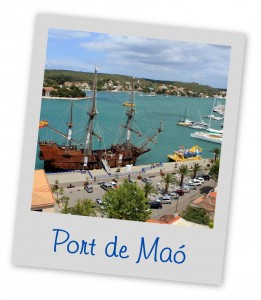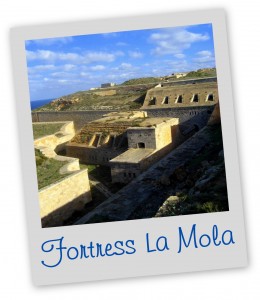Perhaps a more appropriate title would be ‘Menorca’s role in History’ as due to its position in the middle of the Mediterranean Sea, Menorca has been a highly valuable location for different empires through the centuries. The story of Menorca is an interesting and relevant one that has shaped the culture on the island today and the perceptions of the Menorcan people.
The three most important elements in the history of Menorca include:
- Rich Prehistoric Activity
Menorca had a very early prehistoric start compared to other civilizations, indicated by the plentiful archeological remains and megalithic stone monuments around the island known talaiots, navetes and taules. - Strategic Naval Location
The developing culture and population through time is a result of the change in rule over many centuries. Menorca was a crucial point of control in the Mediterranean for maritime trade and sea battles. Consequently it has changed hands many times over between nations. The affect of the various ruling cultures remains obvious in different aspects of modern Menorcan society. - Post War Spain
After surviving the Spanish Civil War, World War 2 and the Franco Dictatorship, Menorca like the rest of Spain saw a huge increase in tourism. Moving from the 20th to the 21st Century the local economy has relied heavily on the influx of visitors and the export of locally made products. Despite the focus on tourism, the island has successfully resisted the extensive development trends of other popular Mediterranean destinations.
Through its history Menorca has been taken over and ruled by the Ancient Greeks, Carthaginian Pirates, the Roman Empire, Germanic Vandals, Norman Vikings from Scandinavia and Islamic Moors before being retaken by the Spanish on 17 January 1287 under the command of Alfonso III. This date is celebrated each year as Menorca’s Day of Commemoration.

In the 16th century Menorca was attacked and taken over by the Turks, before being invaded by the British in the 18th century. Possession of the island moved back and forth between Britain and Spain several times during this century, and at one point was ruled by France before being handed over to Spain at the start of the 19th century.
During all of this change the inhabitants at different times have been predominatly Jewish, Christian and Muslim as Menorca was held under Moorish rule for four hundred years. Now the population is mostly Catholic and the traditional fiestas celebrated around the feast days of the Catholic Saints.
As a small island that now welcomes visitors and continues to rely on imports and exports by sea, it is a wonder that the island remains in its original natural state after so much change. Even more remarkable is the spirit and friendly nature of the Menorcan people and their peaceful, relaxed attitude to life. Understandably Menorcans are fiercly protective and proud of their home and this has enabled both the landscape and architectural aspects from the past to remain in tact today.


